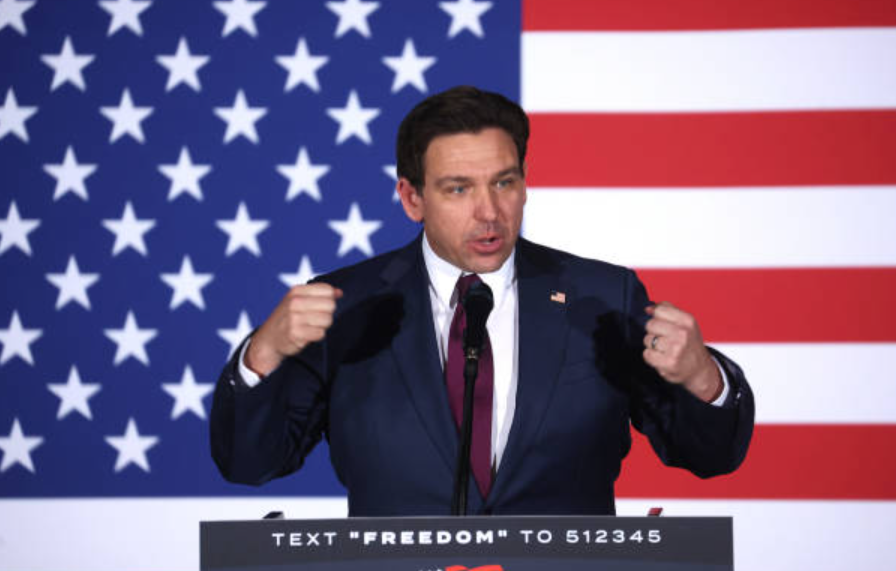Governor Ron DeSantis stirred controversy by abruptly halting his presidential campaign due to a misattributed quote wrongly linked to former British Prime Minister Winston Churchill.
DeSantis took to social media to share the quote, “Success is not final, failure is not fatal: it is the courage to continue that counts,” both in the caption of his post and in a video accompanying the announcement.
However, the International Churchill Society (ICS) swiftly debunked the attribution, emphasizing that there was no documented evidence of Churchill ever expressing a sentiment resembling those words.
The ICS, dedicated to preserving Churchill’s historical legacy, conducted an exhaustive investigation, examining fifty million words associated with the iconic leader. Social media users were quick to highlight the inaccuracy, showcasing that DeSantis’ misstep did not go unnoticed.
Critics chastised the governor for not paying attention to details, with one user pointing out the irony of DeSantis ending his presidential campaign with an inaccurate quote attributed to Churchill.
DeSantis’ Pledge to Move Forward

The controversy escalated when DeSantis, in his video, claimed that Churchill had once remarked before sharing the false quote. The ICS Director of Publications, David Freeman, responded to Newsweek’s inquiry, reiterating the lack of recorded evidence supporting DeSantis’ attribution.
DeSantis’ decision to suspend his campaign came on the heels of his defeat in the Iowa Republican caucus, where he secured 21.2 percent of the votes compared to Donald Trump’s commanding 51 percent. In his announcement, DeSantis endorsed Trump, acknowledging the prevailing sentiment among Republican primary voters.
Despite the backlash and the controversy surrounding the misattributed quote, DeSantis remained resolute in his decision, emphasizing his pride in delivering on 100 percent of his promises and expressing a determination to continue moving forward.
The governor’s move and the subsequent fallout highlighted the intricate intersections of politics, historical accuracy, and public perception in the dynamic landscape of modern American politics.


Comments are closed.